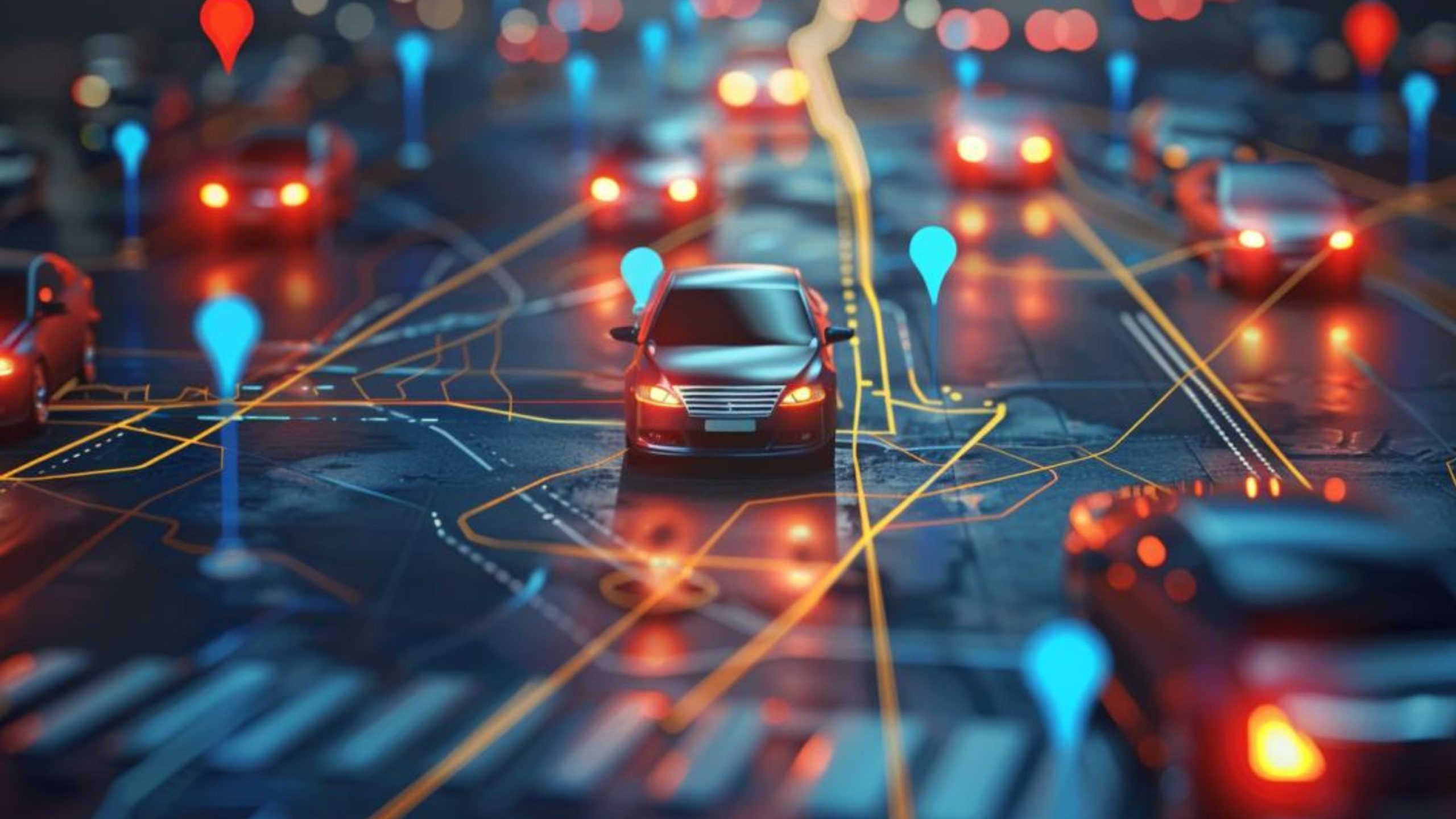California is one of the US states that have introduced digital license plates, amid opposition from a number of rights advocates.
Now, there is a legislative effort to have GPS location tracking embedded in these, to all intents and purposes, devices attached to the car.
Sponsored by Democrat Assemblywoman Lori Wilson, Bill 3138 is currently making its way through the state’s legislature. It refers to “License plates and registration cards: alternative devices,” and the bill has another sponsor – Reviver.
The company was founded by Neville Boston, formerly of the Department of Motor Vehicles (DMV), and promotes itself as the first digital license plates platform. It has made its way to both this proposal, and the law the current draft builds on – AB 984 (also sponsored by Wilson) – which was signed into law two years ago.
The problem with Reviver is that it has already had a security breach that allowed hackers to track those using the company’s digital plates in real-time. It doesn’t help, either, that the company is effectively a monopoly – the only one, the Electronic Frontier Foundation (EFF) notes, “that currently has state authorization to sell digital plates in California.”
Meanwhile, the key problem with AB 3138, warns EFF, is that it “directly undoes the deal from 2022 and explicitly calls for location tracking in digital license plates for passenger cars.”
The deal in question refers to the way AB 984 eventually managed to become law, signed by Governor Gavin Newsom: a provision that would have allowed for location tracking of private vehicles was removed at the time.
But clearly, that was just a temporary move to pacify opponents, and now Wilson – and Reviver – are back to “complete” the original effort.
EFF is urging the legislature not to approve AB 2138 and is choosing to highlight those scenarios where such GPS tracking would be detrimental to those who are ostensibly among the voters or sympathizers of Wilson and her party.
Thus, the digital rights group speaks about those seeking abortion traveling (and being tracked, unawares) from state to state, the Immigration and Customs Enforcement (ICE) using the tech, etc.
However, it’s difficult to see how adding another way for the authorities to track vehicles in real-time is not potentially detrimental to any person, as a form of invasive mass surveillance.



As a dumb question, what use are digital license plates except to cars driven by people who don’t own them? And if that is the case, what expectations do the drivers have to their privacy when driving that car around?